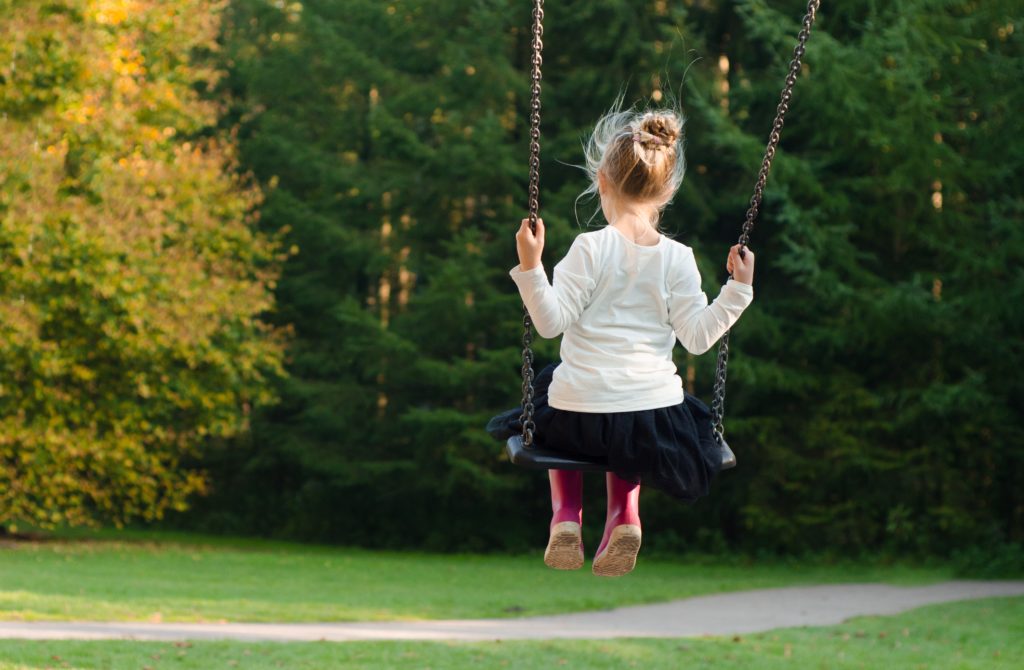How Domestic Violence Affects Children

We think of our children as mini versions of ourselves. They inherit our traits, our good, and bad habits, and sometimes they even repeat the bad words we use. Parents serve as the first role model for a child. Their ability to observe and even mimic behavior includes abusive relationship you are in. Children who witness abusive relationships are more likely to grow up to be in an abusive relationship. Additionally, the Center for Disease Control and Prevention reported that children living in a home with domestic violence between adults also have a higher chance of being the victim of child abuse themselves. Beyond the present and future potential for physical abuse with every traumatic experience, there comes emotional damage. Is there an incident that happened ten years ago but it made you so upset, you remember it like it was yesterday? Emotional damage from abuse that happened in the past affects how someone deals with a crisis in the future.
The emotional damage kids suffer from the abuse they witness as children can impact how they develop into adults. Often, they do not trust easily, have difficulty developing healthy relationships, and are more likely to be in an abusive relationship themselves. A child can also struggle with self-blame. Imagine your child becoming an adult and realizing you stayed in an abusive relationship for them. Imagine the guilt they could carry. We understand that as a parent you want to do what is best for your child and hopefully, the choices you make are based out of love for them. But, as humans, we do not always see clearly during stressful times. Your child may constantly ask themselves “If I was not here, would she/he have left to be happy?” Self-blame is hard to recover from because they feel that everything is their fault. As a parent, here are some other signs you can look out for in your kids:
- Depression – Are they sleeping excessively? Do they want to be alone more and more often?
- Self-Harm – Have they started pinching or aggressively rubbing one spot? Have they started cutting themselves? Pulling out their hair?
- Suicidal Thoughts or Threats?
- Substance Abuse
- Criminal Behavior
- Social Issues – This could range from choosing the wrong group of friends to completely withdrawing from their friend group.
- Low Grades in School
- Eating Disorders
If you’re ready to make a plan to get yourself and your children out of an abusive situation, you can speak to the people at Safe Alliance’s Greater Charlotte Hopeline. They can help provide guidance on how to make a plan to escape domestic violence and learn about some of the resources available to assist you. You can also set up a low-cost consultation with us to speak to an experienced family law attorney about how to move forward with a divorce or child custody and support case or if you want representation for your Domestic Violence Protective Order Hearing.